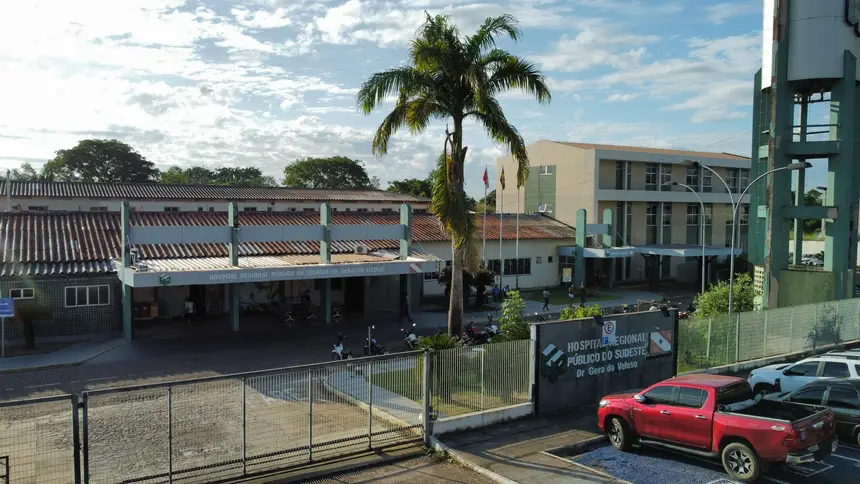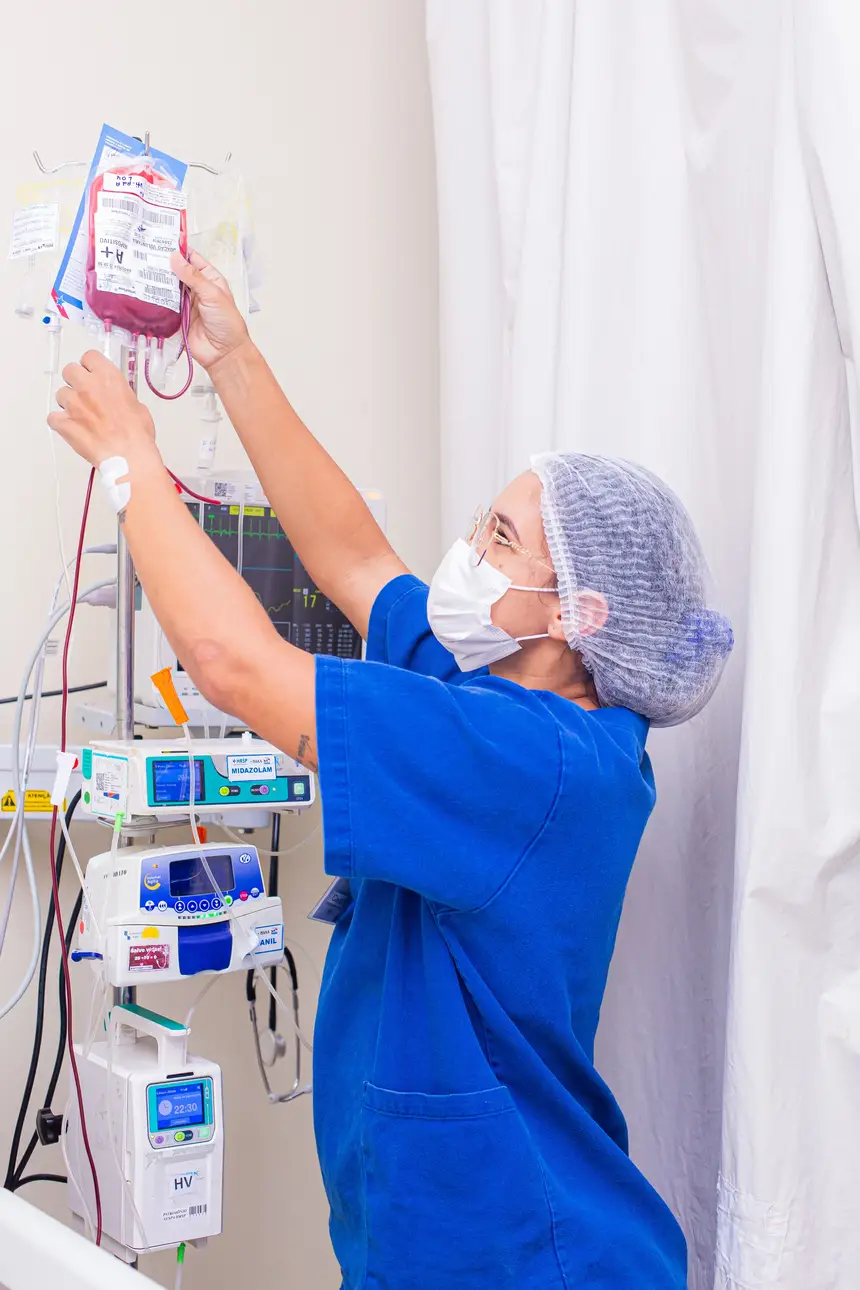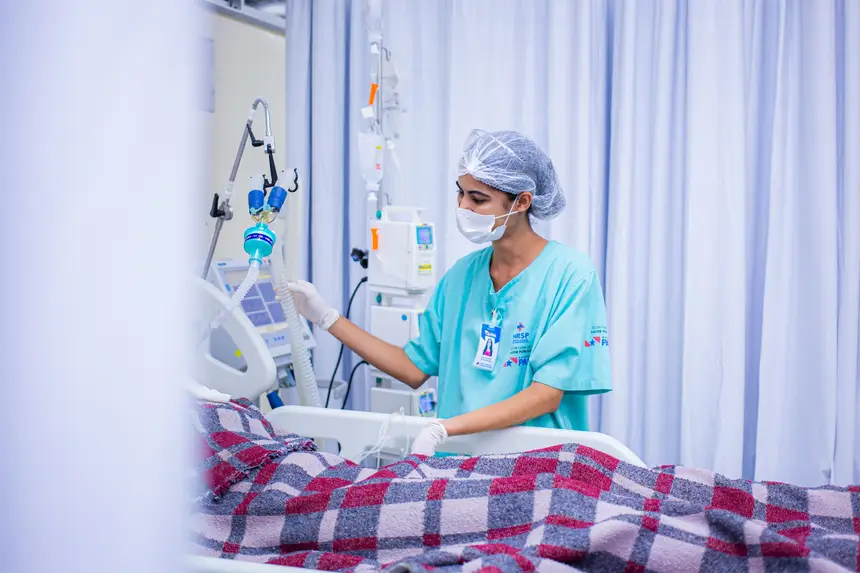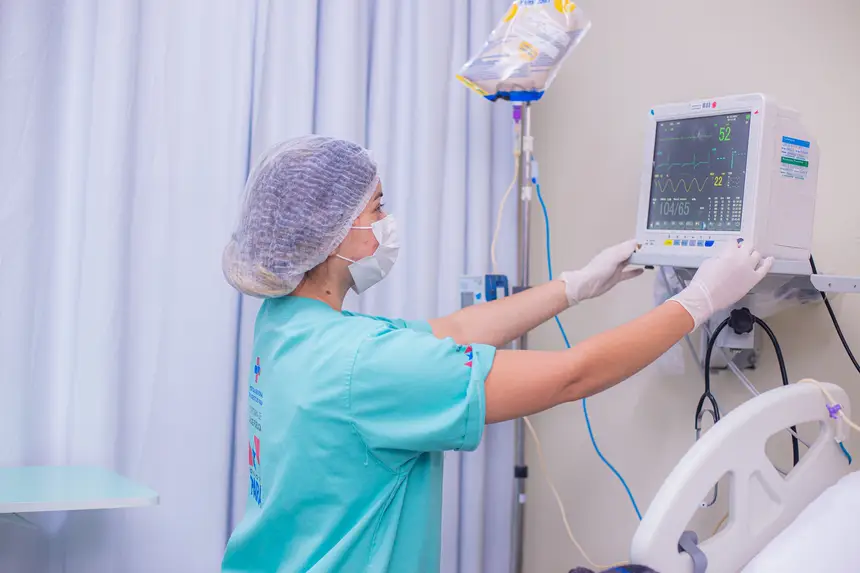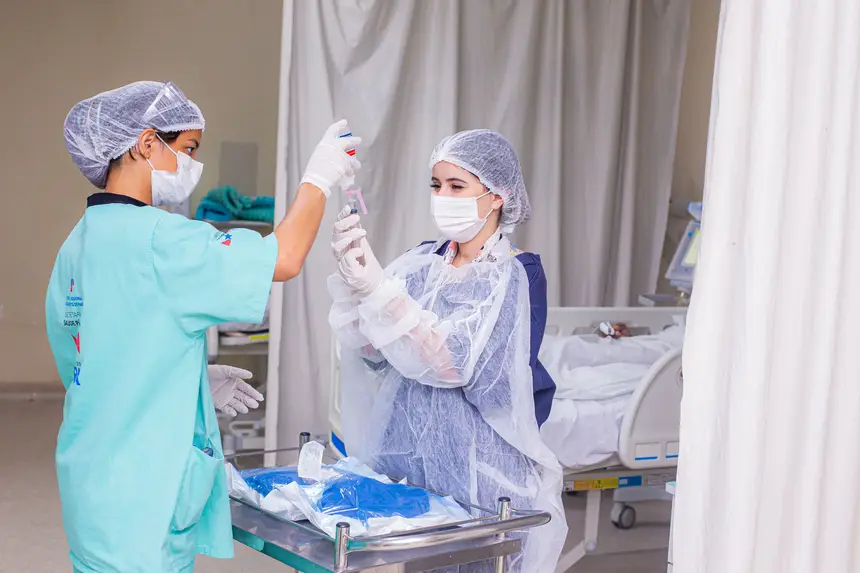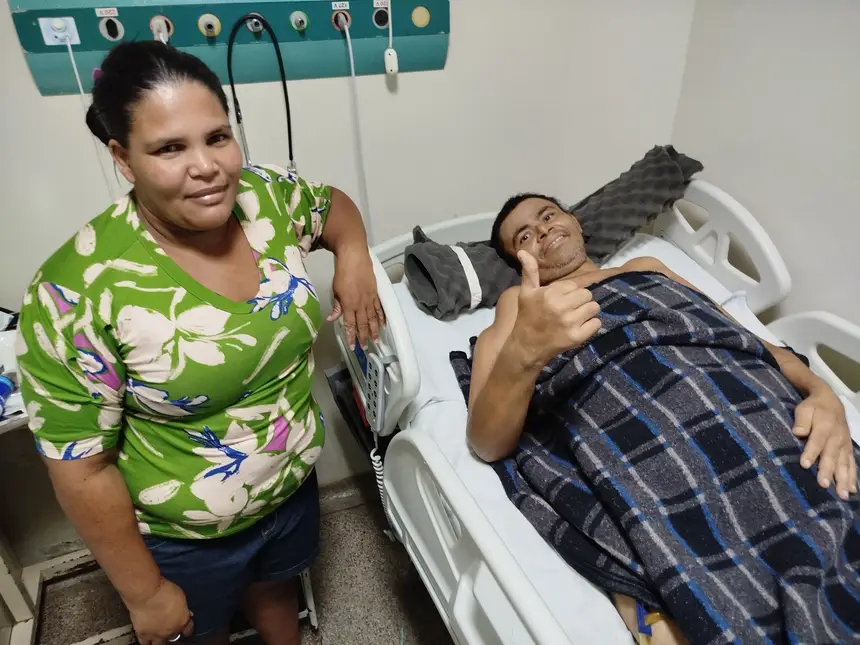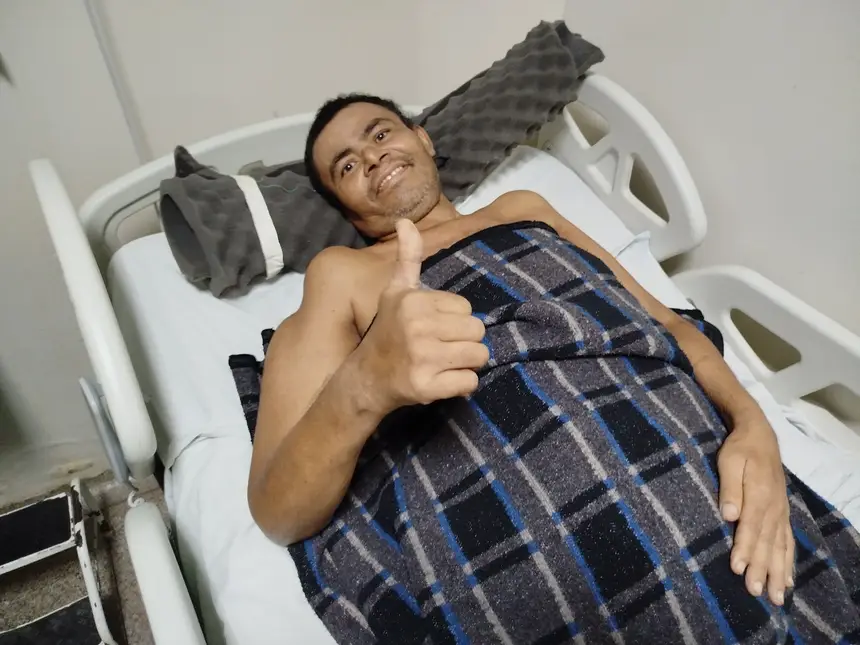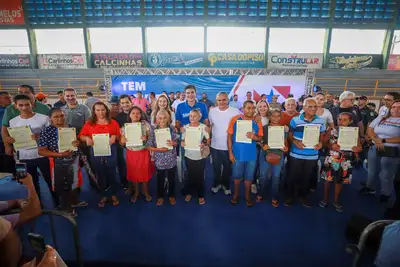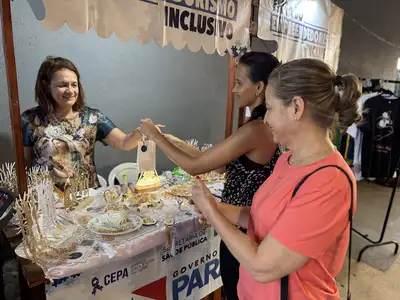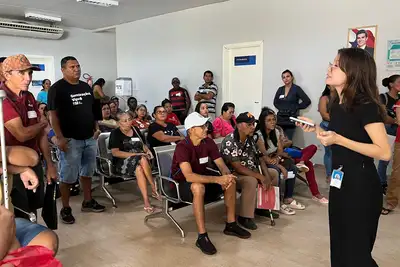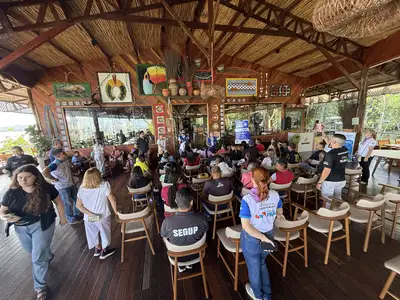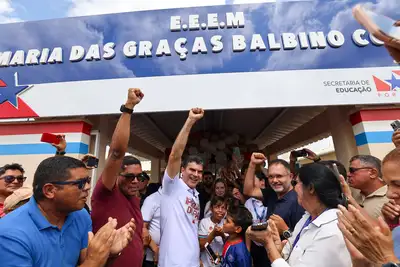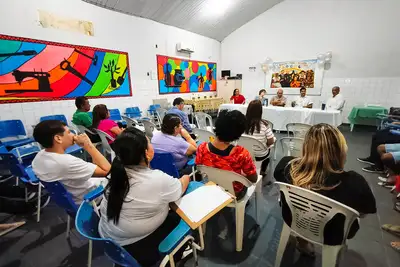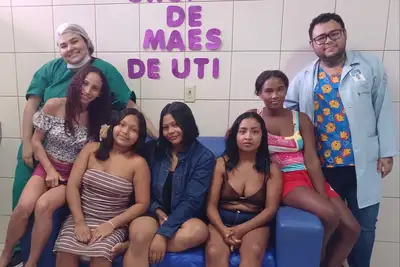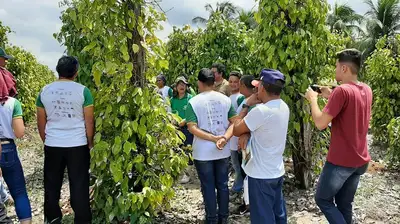After 110 days hospitalized, cowboy is discharged from Marabá Hospital
The worker lives in Brejo Grande do Araguaia, Raimundo Nonato suffered a horse fall and underwent delicate spine surgery
It was 111 days of resilience, care, and hope. Raimundo Nonato de Carvalho, a cowboy and resident of Brejo Grande do Araguaia, in the Carajás region, suffered a horse fall and needed to undergo spine surgery (arthrodesis) at the Regional Hospital of Southeast Pará – Dr. Geraldo Veloso (HRSP) in Marabá.
During his hospitalization, the worker also received specialized treatment for a multidrug-resistant bacteria acquired at the health unit from which he had been referred. Raimundo will also need to undergo physiotherapy for a long time to regain all movements.
"It is a joy to return home after so many days hospitalized. I went through moments of pain and uncertainty, but I found a team here that welcomed me like family and never let me lose hope. I return renewed, with faith and a desire to live, valuing my family and every detail of life even more," he said, emotionally.
Throughout the recovery process, his wife, Luciana Carvalho, was present at every stage. Between exams, physiotherapy sessions, and daily care, she closely followed her husband's journey. "There were days of anguish, but also of great hope. I never stopped believing that this moment would come, and today I can only thank God and the hospital team for bringing him back home healthy," she emphasized.
Raimundo was hospitalized in the Surgical Clinic of the Regional Hospital, a sector that offers comprehensive support to patients in post-trauma and post-operative treatment. The care in the unit, managed by the Social and Environmental Institute of the Amazon (ISSAA) in partnership with the State Department of Public Health (Sespa), involves multiprofessional teams that work together to ensure a safe and humanized recovery.
Continuous care protocols
During the prolonged hospitalization, Raimundo was assisted by protocols that preserve autonomy, reduce complications, and nurture hope. Among them are early mobilization, daily physiotherapy, infection prevention, and individualized nutritional plans, ensuring rapid rehabilitation and quality of life even during long hospital stays.
Nurse Pamela Tortola, responsible for the surgical clinic, highlighted the teamwork and the victory represented by the discharge: "Mr. Raimundo's case symbolizes how multiprofessional dedication and family involvement make a difference in recovery. There were days of care, overcoming, and hope, and seeing him return home healthy is an achievement for everyone."
The professional also emphasized the psychosocial support offered to the patient and family. "The work of psychologists and social workers was essential to provide emotional support, strengthen bonds, and help the patient face the challenges of hospitalization. This care brought comfort, hope, and motivation throughout the recovery process," she added.
A new stage
With the hospital discharge, Raimundo will continue treatment at home, surrounded by the love of his wife and children. "Now a new stage begins. I will need to intensify physiotherapy and follow the care I learned here in the hospital to, soon, God willing, have a better life. I know there are still challenges, but I am confident that I will overcome this phase as well," he stated.
Structure
Care at the Regional Hospital of Marabá is 100% free, provided through the Unified Health System (SUS). The unit has 135 beds, including 97 clinical hospitalization beds and 38 Intensive Care Unit (ICU) beds.


